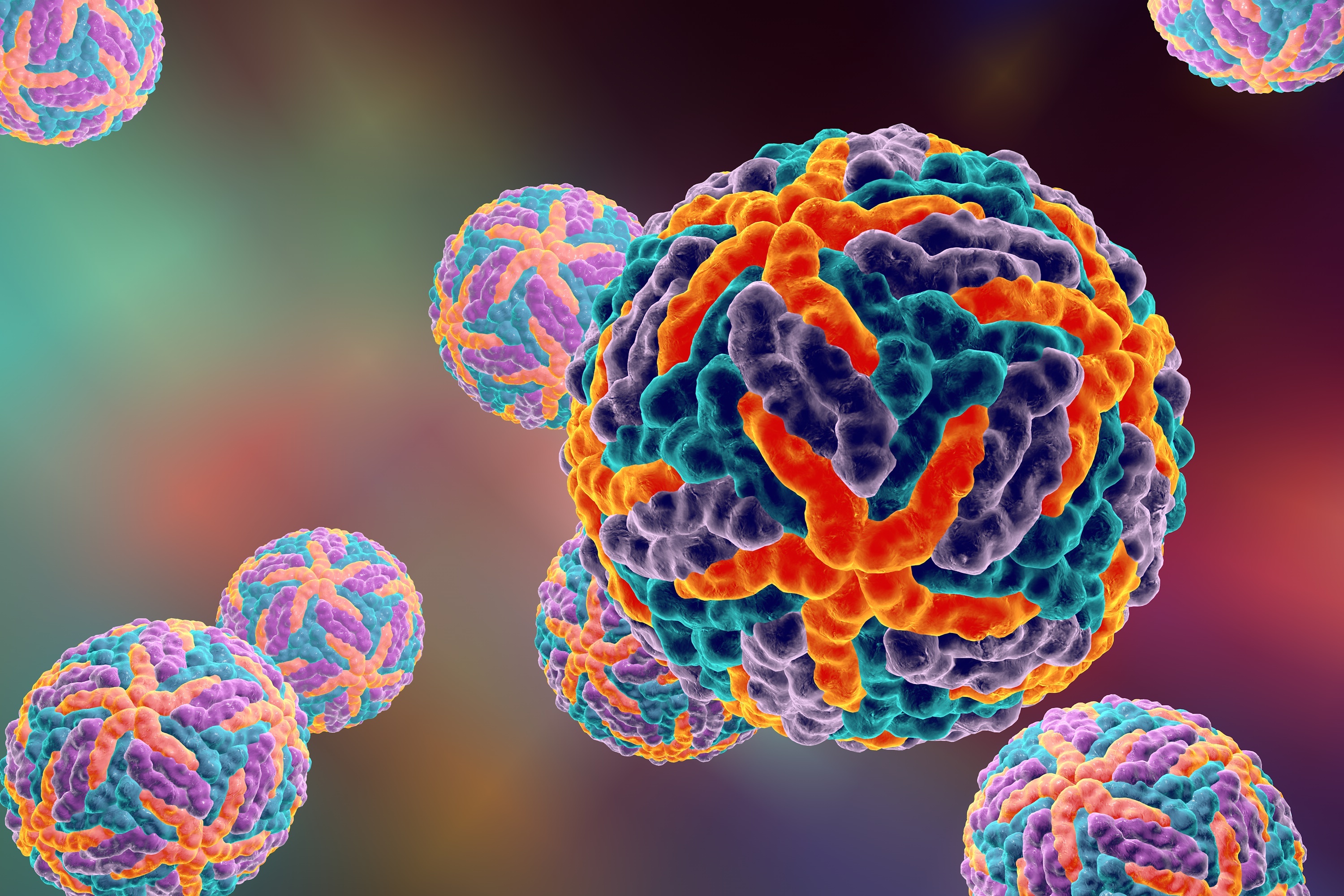An easy-to-use method for rapidly, accurately, and non-invasively assessing flavivirus immunity by measuring various antibody classes present in saliva.
Flaviviruses (including dengue virus) are the most common vector-borne human viral pathogens in the world. Nearly 40% of the world’s population are at risk of infection with dengue virus alone, with nearly 400 million dengue virus infections occurring each year resulting in an estimated 20,000 deaths. There is currently an unmet need for a non-invasive, sensitive, and accurate point-of care assay capable of quantifying flavivirus-specific antibody immunity. In addition, the only currently available dengue virus vaccine is only recommended for use in individuals with preexisting dengue virus antibodies. Therefore, a rapid and non-invasive antibody test for assessing flavivirus immunity would allow for safer and more accurate vaccine administration in settings where venipuncture is not convenient.
This technology is a saliva-based assay to rapidly, accurately, and non-invasively assess flavivirus immunity by measuring various antibody classes present in saliva. Saliva is collected via an absorbent swab and separate proprietary protein-stabilization solution. The collection method is uncomplicated and can be self-performed. Once collected and placed in the stabilizer solution, the saliva is stable at room temperature for several days, for weeks at 4oC, or indefinitely below -20oC. Testing the saliva sample uses a diagnostics instrument and a custom-designed flavivirus antigen panel. The assay can differentiate the specificity of homotypic humoral immune responses to the dengue viruses (1-4), zika virus, and JE virus, as well as differentiate individuals with polytypic dengue virus immunity and those who previously experienced both dengue virus and zika virus infections.

• Easy to use, can be self-administered without advanced training.
• Non-invasive.
• Rapid.
• Accurate.
• Can differentiate a variety of factors.
The primary application for this technology is the treatment of flaviviruses such as dengue virus.
Know-How Based.
TRL 3 - Experimental proof of concept
This technology is available for licensing.
This technology would be of interest to anyone involved in the development of therapeutics for flaviviruses, including:
• Pharmaceutics companies.
• Hospitals.
• Medical research laboratories.
• Universities.
• Humanitarian organizations.